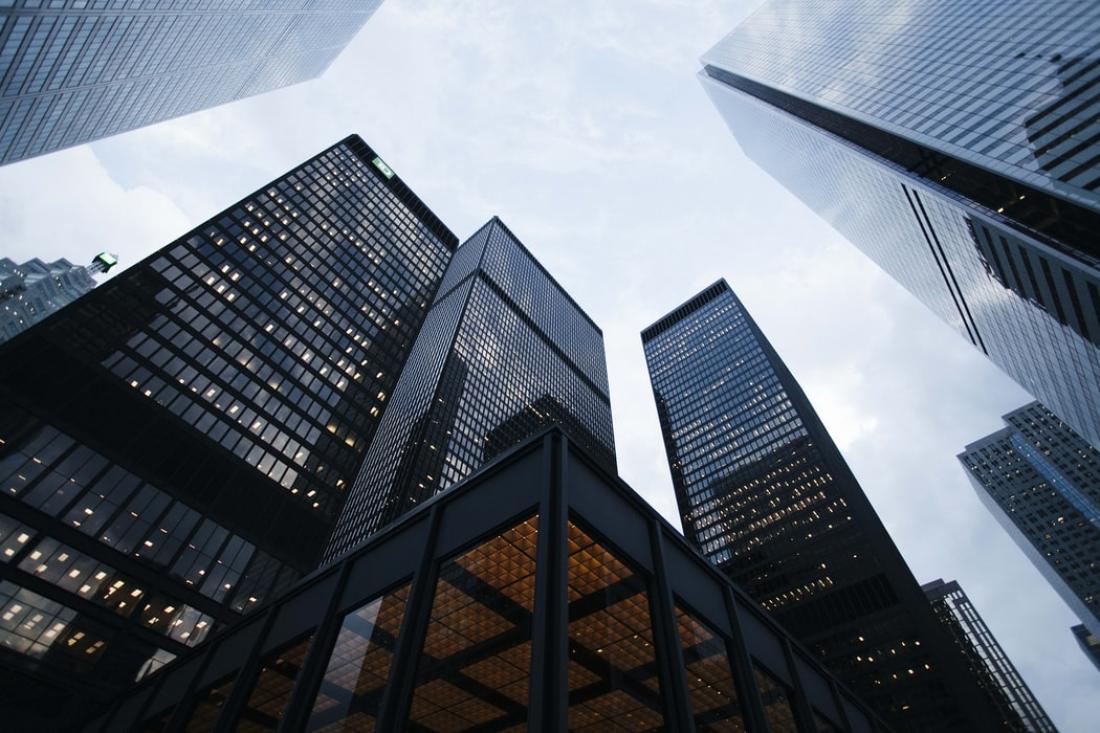
By default, the sale or lease of a commercial property is VAT exempt unless it is a new build (less than 3 years old). This would mean that the purchaser or tenant does not have to pay VAT. However, VAT will be payable if the seller or landlord chooses to exercise their option to tax the property.
The main reason why the seller or landlord may opt to tax is to recover VAT from HMRC which they have incurred on fees or on costs associated with the refurbishment, extension or repair of the property. Most businesses do not need to opt to tax their trading premises if they are using the property entirely for the purposes of their own trade. However, businesses will want to consider opting to tax if they decide to sell or let their properties to others.
If the option to tax is exercised, the sale proceeds or rent will be subject to VAT at the standard rate of 20%. The seller or landlord will then charge the buyer or tenant VAT in addition to the sale proceeds or rent. This may make the sale or lease seem unappealing to the buyer or tenant if they are unable to recover the VAT incurred on their costs. This is particularly the case with businesses in the financial, insurance, health, welfare and charitable sectors as they are VAT-adverse. In contrast, if the buyer or tenant is running a VAT-registered business, they will be able to reclaim the VAT.
It is important to note that an option to tax does not follow the property. Each party in the chain of supply will need to decide whether it is appropriate for them to opt to tax depending on their individual circumstances.
For more information on the VAT treatment of commercial property transactions, contact our commercial property team on 01494 893568 or at nick.morrison@allanjanes.com. You can also keep an eye out for my next article to find out how to claim relief from VAT on the sale or lease of a commercial property.